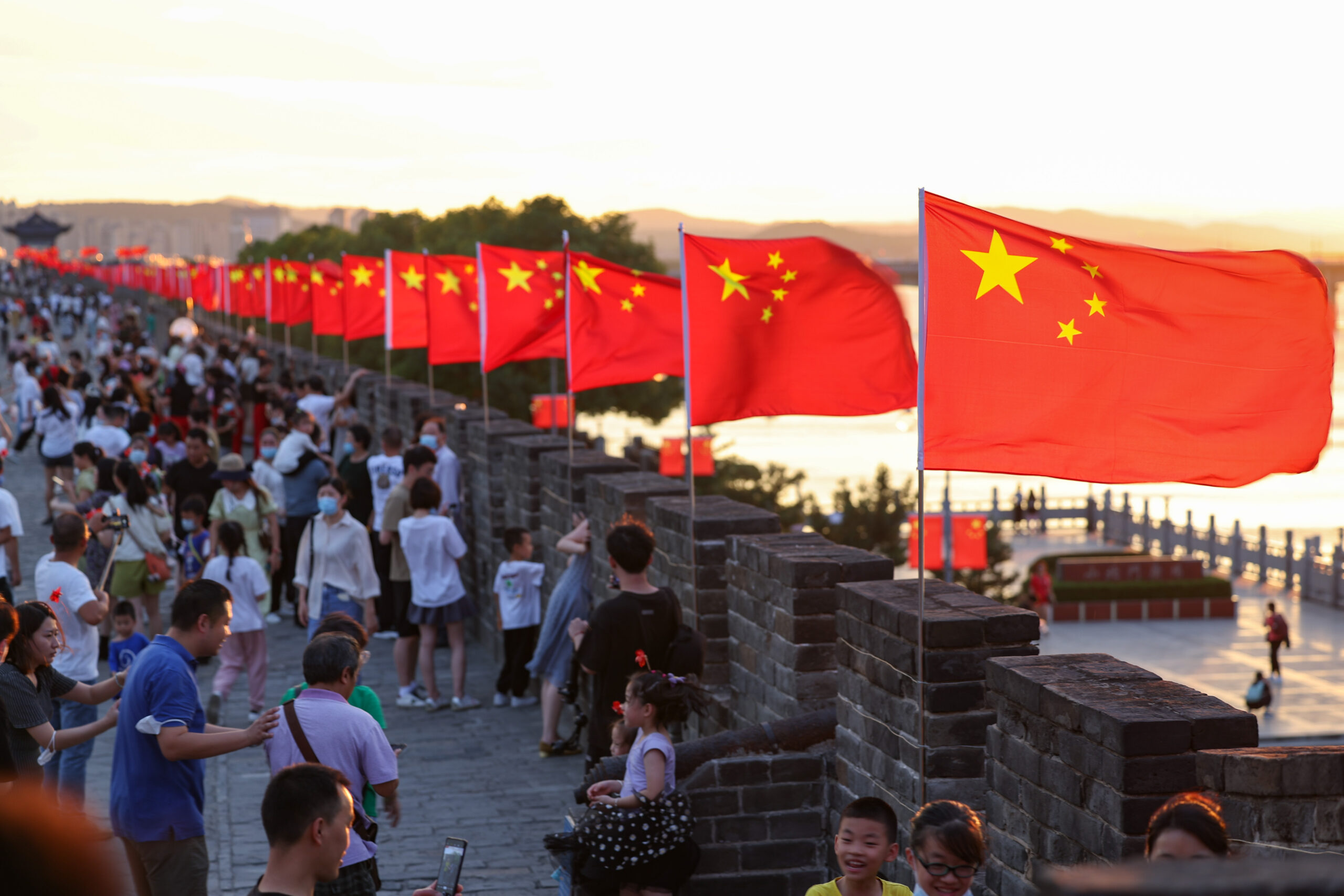In the heart of Shanghai, one of China’s most prominent financial hubs, Xiao Chen* remembers when his career in private equity was filled with promise. Entering the industry a few years ago, he anticipated quick financial success and the prestige that accompanied it. With his first paycheck amounting to 750,000 yuan ($106,200), Xiao Chen envisioned an even more prosperous future. But today, his salary is half of what it used to be, his annual bonuses have disappeared, and he, like many of his peers, faces an uncertain future in China’s finance sector.
China’s economic landscape has dramatically shifted in recent years, driven by the policies of President Xi Jinping. What was once an industry teeming with wealth and opportunity has turned into a high-pressure environment where the focus has shifted from individual financial success to state-driven goals of “common prosperity.” Finance professionals like Xiao Chen have seen their incomes shrink, and the once-glamorous profession is now viewed with skepticism and disdain.
Xiao Chen and his colleagues are often mockingly referred to as “finance rats” on social media, a term that underscores how far the industry’s reputation has fallen. For decades, finance was considered a fast track to wealth and status in China, but under Xi’s leadership, a crackdown on personal wealth has radically changed the industry’s trajectory. Now, ambitious finance professionals are finding themselves at odds with the country’s broader push to reduce inequality and curb excessive wealth.
The government’s crackdown has not only targeted individuals but also entire industries, with finance being a major focal point. China’s real estate, technology, and finance sectors have all come under increased scrutiny as the government seeks to rein in the country’s growing wealth disparity. For workers like Xiao Chen, this has meant making significant lifestyle adjustments. Luxuries like European vacations and high-end fashion are no longer affordable. Instead, Xiao Chen now opts for cheaper vacations in Southeast Asia, and he has stopped shopping for luxury brands like Burberry and Louis Vuitton.
While Xiao Chen has been spared the more severe consequences of the government’s crackdown—unlike some of his colleagues who have faced legal troubles—the broader industry has been significantly impacted. Several high-ranking officials and executives have been detained as part of anti-corruption efforts, including the former chairman of the Bank of China. Meanwhile, pay cuts across banking and investment firms have become a major topic of discussion on Chinese social media, where finance workers voice their frustration with the current state of the industry.
The dissatisfaction within the industry became particularly evident in July 2022 when a viral social media post on Xiaohongshu sparked widespread outrage. A user bragged about her husband’s 82,500-yuan monthly salary at China International Capital Corporation, highlighting the massive gap between finance professionals and the average worker. In Shanghai, the average monthly salary is just over 12,000 yuan, and the post reignited a long-simmering debate about income inequality in the country.
This incident coincided with President Xi’s broader push for “common prosperity,” which seeks to address the growing wealth gap. In response, China’s Ministry of Finance introduced new regulations in August 2022 aimed at optimizing income distribution within companies. These policies have forced financial institutions to reassess their salary structures, and as a result, many finance professionals have seen their pay reduced or frozen.
Behind the scenes, the impact of these policies has been significant but often understated. According to Alex*, a manager at a state-controlled bank in Beijing, the government’s directives are rarely communicated explicitly. “You won’t find any official documents that outline salary caps,” he explains. “But it’s understood across the industry that there are limits now.” This lack of transparency has created an atmosphere of uncertainty, as financial institutions struggle to keep up with rapidly changing regulations.
In some cases, companies issue salary guidelines at the start of the year, only to revise them mid-year when they realize they’ve exceeded the informal caps. This has led to widespread frustration among finance professionals, many of whom feel that the industry no longer offers the opportunities it once did.
For Xiao Chen, the impact of these changes has been clear. With fewer companies launching shares on the stock market and foreign investment in China declining, his workload has diminished significantly. Once responsible for managing high-profile projects, he now spends his days completing mundane administrative tasks. “The morale within the team is low,” he says, adding that many of his colleagues are already planning their next moves. “People are talking about what they’ll do in three to five years.”
Despite the widespread dissatisfaction, there is little evidence that finance professionals are leaving the industry en masse. While some layoffs have occurred, job openings in China remain scarce, and even a lower-paying finance job is seen as better than no job at all. However, the frustration is palpable, with one Xiaohongshu user likening the current job market to a game of musical chairs: “If you stand up, you might find your seat is gone.”
Xiao Chen also notes that finance professionals are no longer seen as desirable in Chinese society. “We’re not even wanted for blind dates anymore,” he says. “As soon as someone hears you work in finance, they lose interest.”
As China’s economic policies continue to evolve, the future of the finance sector remains uncertain. For professionals like Xiao Chen, the once-lucrative industry has become a shadow of its former self, and the road ahead is filled with challenges.









